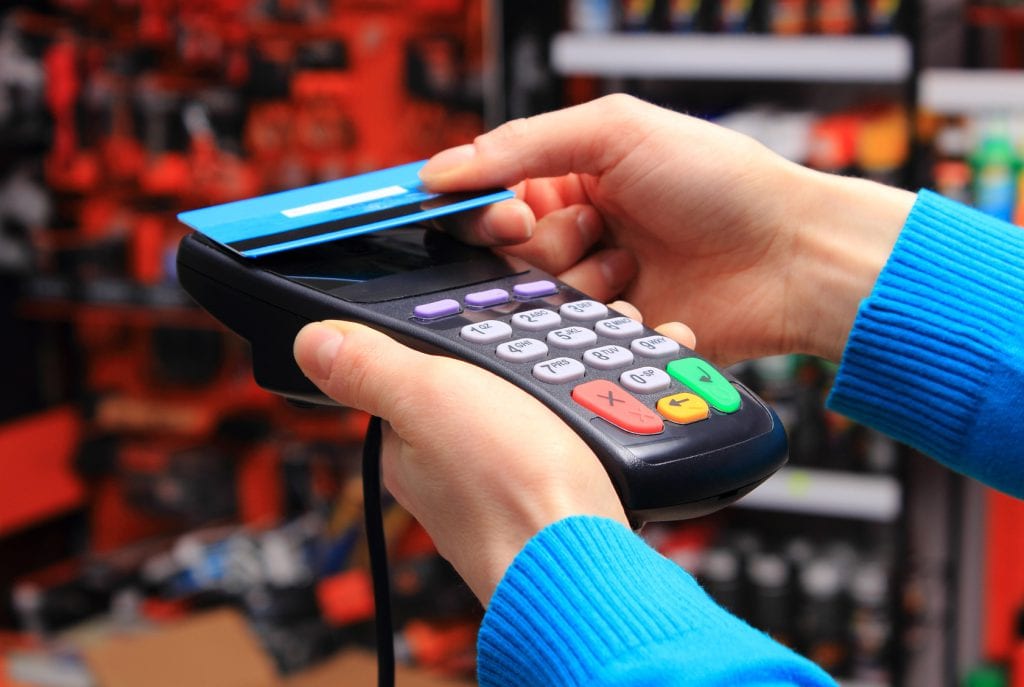In the U.S., we are seeing more and more signs that the industry is moving towards the adoption of contactless payments. The networks are reporting that something in the range of 60-70% of merchant terminals are contactless-enabled. Bank issuers, particularly the largest banks, are beginning to announce their contactless card issuance plans, and the news of the New York subway system accepting open contactless cards is receiving a lot of attention.
Today’s article in PaymentsSource pointed out that there are two mega-retailers who are contactless holdouts, namely Walmart and Kroger. They are pursuing contactless QR code solutions within their own payment apps. This has a real MCX/CurrentC feel to it or perhaps similarities to WeChat Pay and Alipay. The article points out why these merchants are taking this approach:
Both Walmart and Kroger are betting on a different approach to in-store mobile payments, relying on a proprietary QR code-based app. It means customers that haven’t downloaded the app will be forced to pay with cash or the somewhat slower EMV contact card payment. Amazon also is relying purely on a QR code-based app for access to its expanding number of Amazon Go cashierless stores.
Amazon, Walmart and Kroger are taking pains to route consumers to their apps because doing so generates a rich streams of data about purchases and behavior that can be used for everything from customizing offers to more precise inventory management.
NFC options such as contactless cards and Apple Pay may be easier for consumers, but they also make it harder for retailers to collect valuable data on their customers’ shopping habits.
Consumers who use Walmart Pay to check out in stores receive messages encouraging them to shop online and use the company’s rapidly expanding in-store pickup and home delivery services. Consumers may access the same services directly through the store’s website.
Grocery giant Kroger was one of the few large U.S. retailers that never joined MCX — while also stead fastly refusing to enable NFC as it developed its own proprietary payment app.
Overview by Sarah Grotta, Director, Debit and Alternative Products Advisory Service at Mercator Advisory Group
